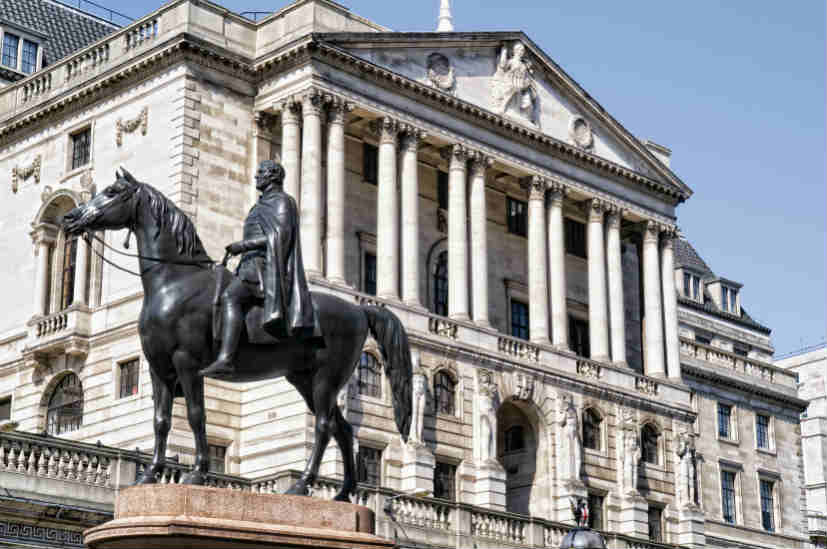The Bank of England’s MPC voted to increase the rate by a quarter of a percentage point, from 0.5% to 0.75% — making it the highest level since March 2009. Rates were low since then , due to the economy struggling to recover after the great financial crisis.
The increase will add about $260 (£200) to the cost of mortgages of around 3.5 million people, the rise will be welcomed by savers –as it nets then an extra $32 (£25) in interest each year—for every $13,000 ( £10,000) they have in the bank.
Mark Carney, the Bank’s governor, said there would be further “gradual” and “limited” rate rises to come. “In May, we said that if the economy performs broadly as we expect, then we would need to reduce the amount of support we are providing to make sure inflation returns sustainably to the 2% target. “Since then, the economy has developed broadly as expected. So we have removed a little of the support, raising interest rates from 0.5% to 0.75%.” the Bank said in a statement.
Following this decision, a lot of prominent executives in the country offered their opinions on how it would affect their operations – and Britain’s economy as well.
Sarah Megginson, Business Development Manager at ClearScore, stated: “The Bank of England’s decision to increase the base rate today means that consumers may see borrowing become more expensive. This won’t mean that mortgages and credit cards will jump up overnight – in fact, we’ll probably see product rates change gradually over time.” She also predicted that there will be a decrease in promotional offers availible to consumers and fewer offers on credit cards and cash back.
She added : “The longer you wait to take action, the less likely you are get a good deal. It’s important to take note when any introductory offers on credit cards and mortgages end, so you can take action before you drift onto the lenders standard rate, which is often much higher.”
This move was scrutinised by some as being too close to Brexit.
“Today’s hike and messaging from the MPC was more or less what markets expected heading into this pivotal policy meeting.” said Timothy Graf, head of macro strategy EMEA at State Street Global Markets. “With rates now out of the way as a market talking point for the next few months, focus is likely to return to the ever-changing nature of Brexit. We suspect sterling will likely become even more correlated to headline risk.” he added.
Barry McAndrew, fixed income senior portfolio manager at State Street Global Advisors, EMEA, also offered his opinion: “With today’s hike, the committee will certainly be hoping a hard Brexit can be avoided. They will be watching negotiations closely from the sidelines given guidance of roughly a once-a-year pace of hikes.”
Quilter Investors portfolio manager, Hinesh Patel predicted that that Mark Carney, Governor of the Bank of England, will still be jittery on this recent move, which comes during the time when Brexit continues to stifle UK corporates. He said : “Mark Carney will still be nervous tonight about curbing a source of stimulus while Brexit continues to stifle investment among UK corporates. Although some decent manufacturing survey numbers were posted yesterday, the UK is the only developed economy currently exhibiting GDP growth that is under potential and the MPC will have their fingers crossed that today’s rate rise is not viewed in hindsight as a drag on growth.”
Carney on his part though, remained headstrong.
“There are a variety of scenarios that can happen with Brexit … but in many of those scenarios interest rates should be at least at these levels and so this decision is consistent with that,” he said.
“In those scenarios where the interest rate should be lower, well then the MPC which meets eight times a year would, I’m confident, take the right decision to adjust interest rates at that time.” Added Carney.

